29 new words were officially added to the Oxford English Dictionary thereby enriching the trusted bible of the English language.
Colloquialisms that have become mainstays across Nigeria have been acknowledged by the Oxford English Dictionary, OED, as making a “unique and distinctive contribution to English.”
Words that are either borrowed from Nigerian languages, or are “unique Nigerian coinages” that have been in circulation since the 1970s and 80s.
Special status for Nigerian English
This latest acknowledgement from the OED follows from Google’s move last year that introduced a “Nigerian English” option on its maps service, including a Nigerian voice and accent.
Nigerian culture has rapidly spread across the continent and around the world through its exports of music, film and literature in the past two decades.
And being a part of that particular culture means having words specific to that culture, as is the case with American, Australian or Canadian English.
“My English-speaking is rooted in a Nigerian experience and not in a British or American or Australian one. I have taken ownership of English.” Is how the well known Nigerian writer Chimamanda Ngozi Adichie describes her connection with the English language.
Nigerian in use
Walking through the streets of Lagos, or Abuja, one hears many familiar words in English, but perhaps the true meaning of the words is not entirely clear to non-Nigerians.
“I’ll take you to the best Mama-put,” was my first taste with Nigerian English when being shown around by our correspondent in Abuja.
Mama-put being a street vendor that sells cooked food at low prices. Typically run by a woman, called ‘Mama’, whom you go up to ask to ‘put’ food on your plate.
“A street vendor, typically a woman, selling cooked food at low prices from a handcart or stall. Also: a street stall or roadside restaurant run by such a vendor; (as a mass noun) the type of food sold by such vendors. Cf. buka n., bukateria n.
– Oxford English Dictionary
Other entries to the OED include expressions that many outside the country have to take a moment to think about, but to those growing up surrounded by expressions such as “see you ‘next tomorrow’,” are not ‘put aback’ by the richness of the language.
Here is a list of the new Nigerian words and senses added to the OED in the latest update:
agric, adj. and n.: “Of, relating to, or used in agriculture; = agricultural adj. Now chiefly West African.”
barbing salon, n.: “A barber’s shop.”
buka, n.: “A roadside restaurant or street stall with a seating area, selling cooked food at low prices. Cf. bukateria n., mama put n. Frequently as a modifier…”
bukateria, n.: “A roadside restaurant or street stall with a seating area, selling cooked food at low prices. Cf. buka n., mama put n.”
chop, v.6, Additions: “transitive. Ghanaian English and Nigerian English. To acquire (money) quickly and easily. Frequently in negative sense: to misappropriate, extort, or…”
chop-chop, n.2: “Bribery and corruption in public life; misappropriation or embezzlement of funds. Also as a modifier.”
danfo, n.: “A yellow minibus that carries passengers for a fare as part of an informal transport system in Lagos, the largest city in Nigeria. Also as a…”
to eat money, in eat, v., Additions: “Now chiefly Nigerian English and East African. to eat money: to acquire money dishonestly; to misappropriate, extort, or embezzle funds. Cf. chop v.6…”
ember months, n.: “The final four months of the calendar year (September to December), esp. considered together as a period of heightened or intense activity.”
flag-off, n.: “The moment at which a race, esp. a motor race, is flagged off (see flag v.4 additions a); the start of a race. Now chiefly Indian English and…”
flag, v.4, Additions: “to flag off. transitive (usually in passive). To direct (a driver) to start a motor race, esp. one in which the competitors start at intervals, by…”
flag, v.4, Additions: “to flag off. transitive. Indian English and Nigerian English. In extended use: to start (an event or undertaking).”
gist, n.3, Additions: “Nigerian English. Idle chat, gossip. Also: an instance of this, a rumour or piece of gossip.”
gist, v.2: “transitive. To reduce (a text, document, etc.) to its essence or gist; to condense, summarize, or précis.”
guber, adj.: “Of or relating to a governor or governorship; = gubernatorial adj.”
Kannywood, n.: “The Nigerian Hausa-language film industry, based in Kano; Kano regarded as the centre of this industry. Cf. Nollywood n.”
K-leg, n.: “In singular and plural. A condition in which one or both of a person’s knees are turned inwards, resulting in a noticeable gap between the feet when…”
mama put, n.: “A street vendor, typically a woman, selling cooked food at low prices from a handcart or stall. Also: a street stall or roadside restaurant run by…”
next tomorrow, n. and adv.: “The day after tomorrow.”
non-indigene, adj. and n.: “Not native. In later use chiefly West African: belonging to an ethnic group considered not to be indigenous to a particular area.”
okada, n.: “In Nigeria: a motorcycle which passengers can use as a taxi service.”
to put to bed in put, v.: “West African. to put to bed: to give birth. Also: to give birth to (a child).”
qualitative, adj., sense 3: “West African. Of high quality; excellent.”
to rub minds in rub, v.1: “to rub minds (together): (of two or more people) to consider a matter jointly; to consult and work together; to confer. Similarly to rub our (also…”
sef, adv.: “Used for emphasis after a statement or rhetorical question, often expressing irritation or impatience.”
send-forth, n.: “A celebration or event to mark a person’s departure; a send-off. Frequently as a modifier, as send-forth ceremony, send-forth party, etc.”
severally, adv., Additions: “East African and West African. On several occasions; repeatedly.”
tokunbo, adj.: “Denoting an imported second-hand product, esp. a car.”
zoning, n., Additions: “Nigerian English. The system or practice of allocating nominations for certain political offices to candidates from particular regions, as part of an…”


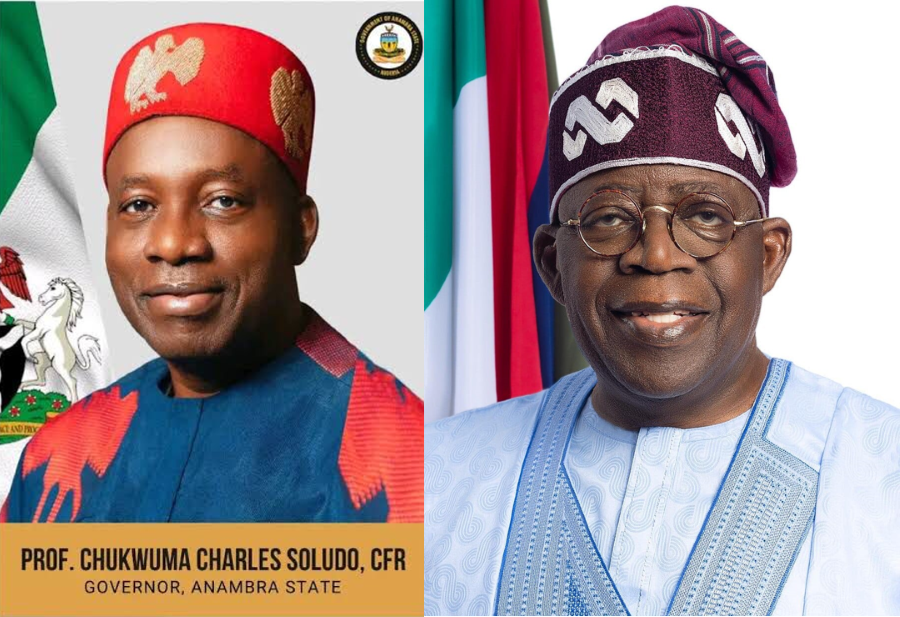
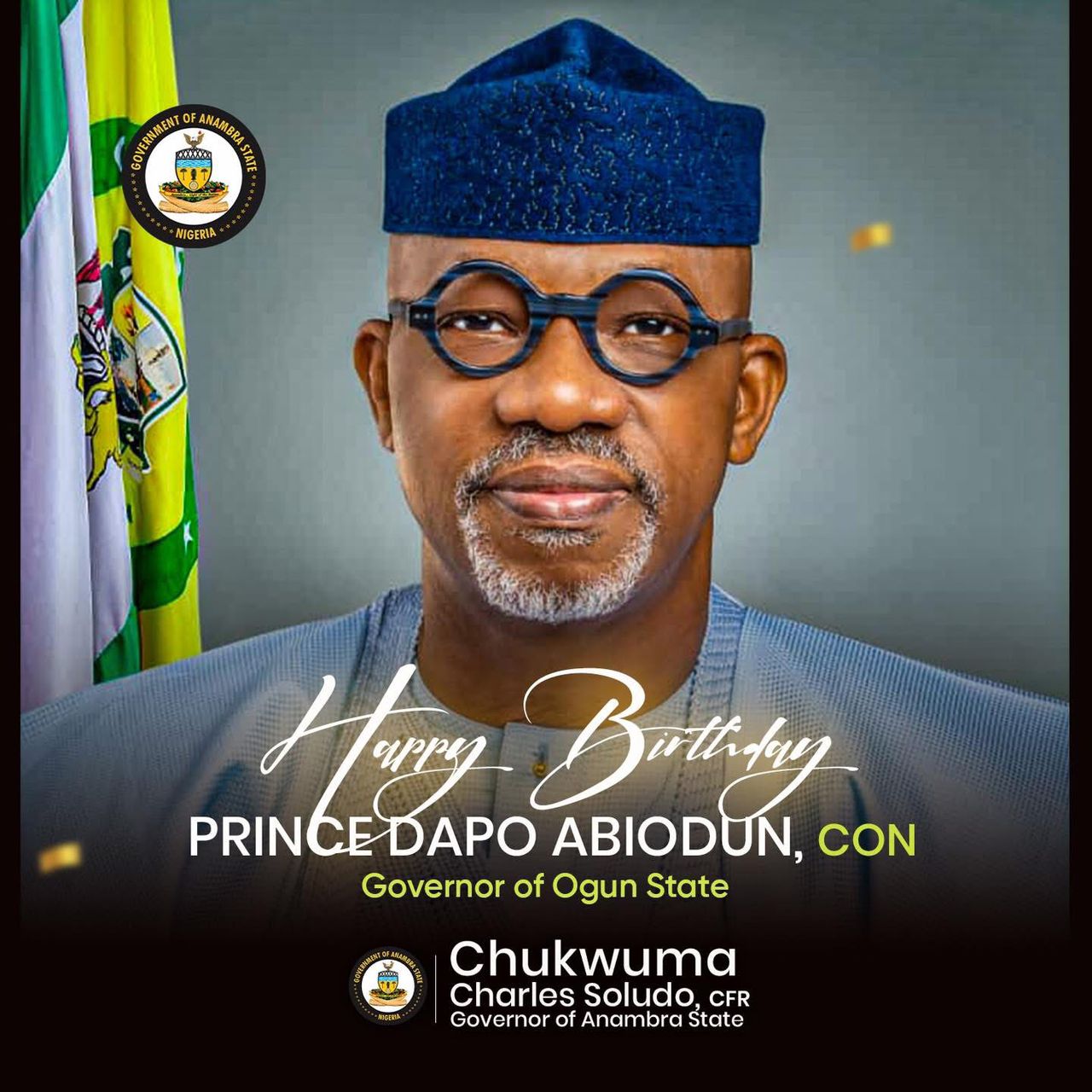

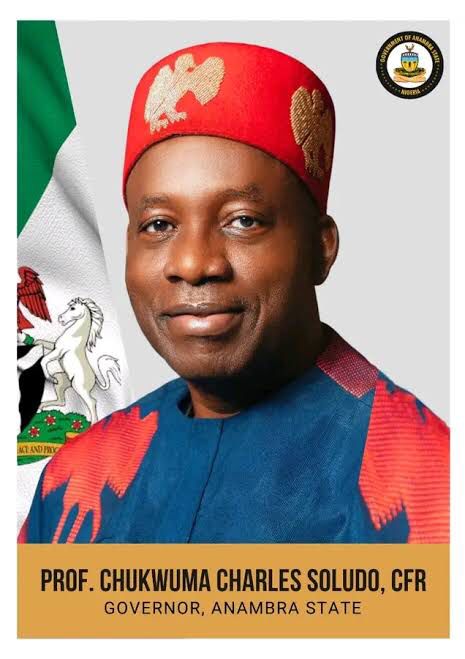
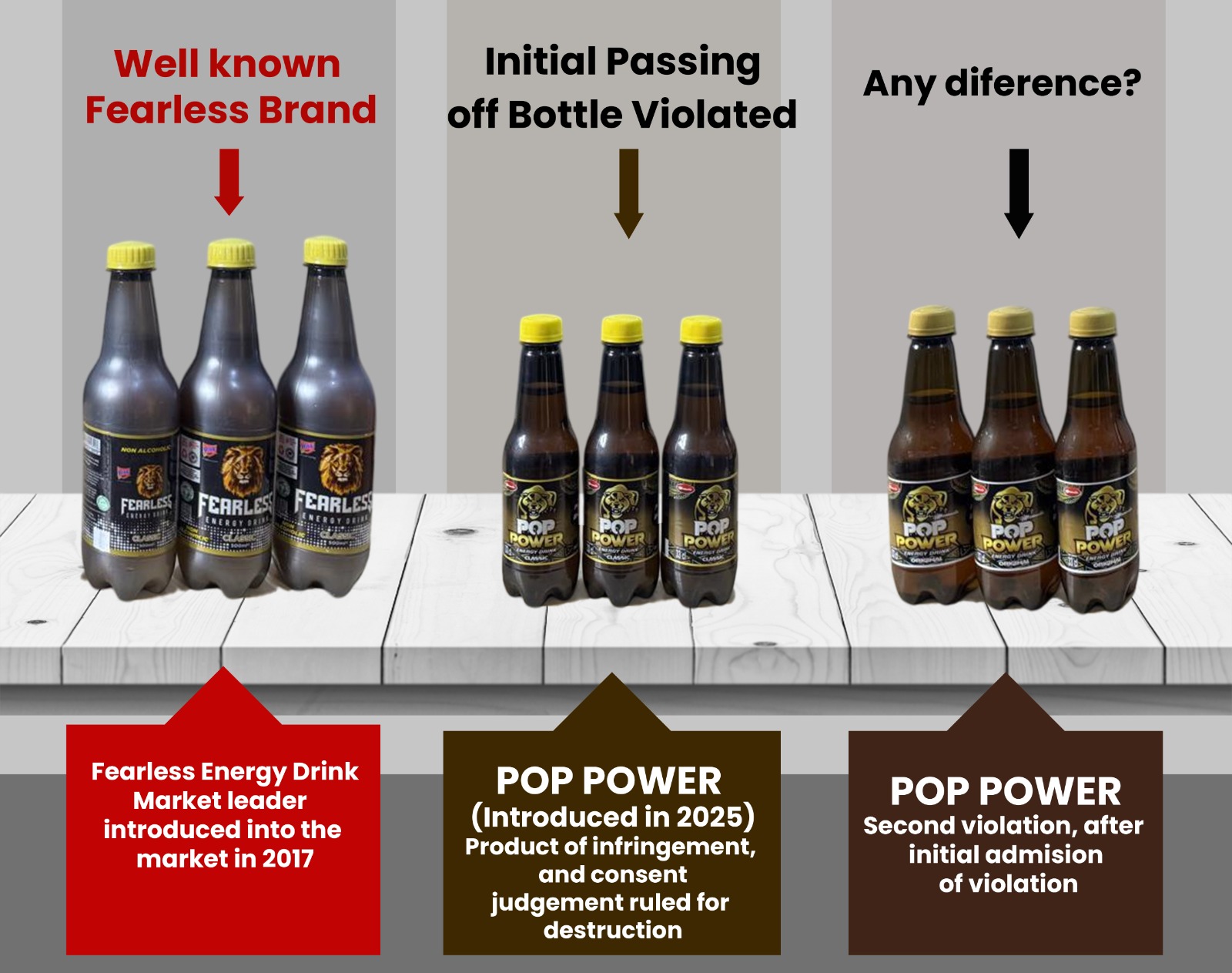
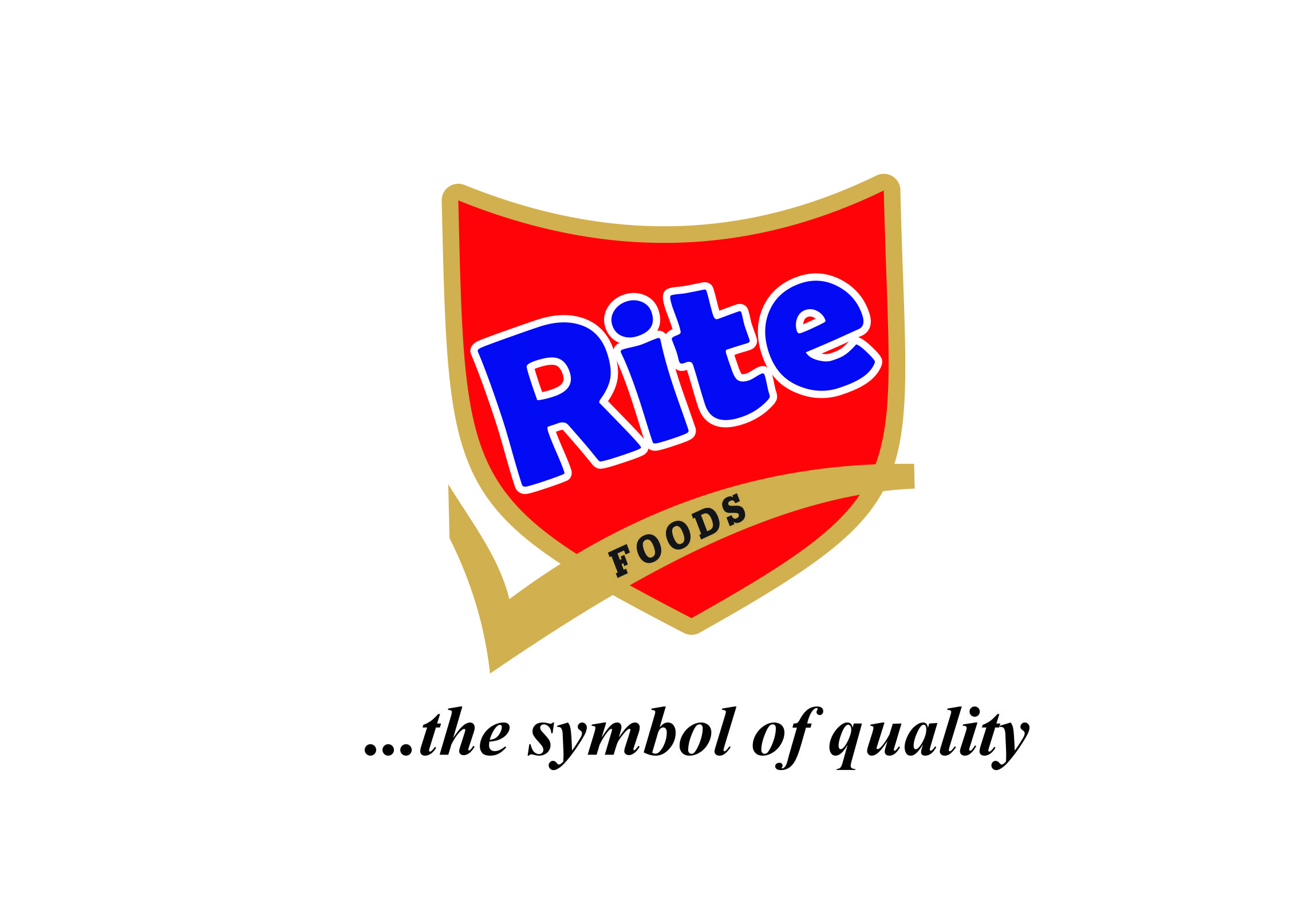













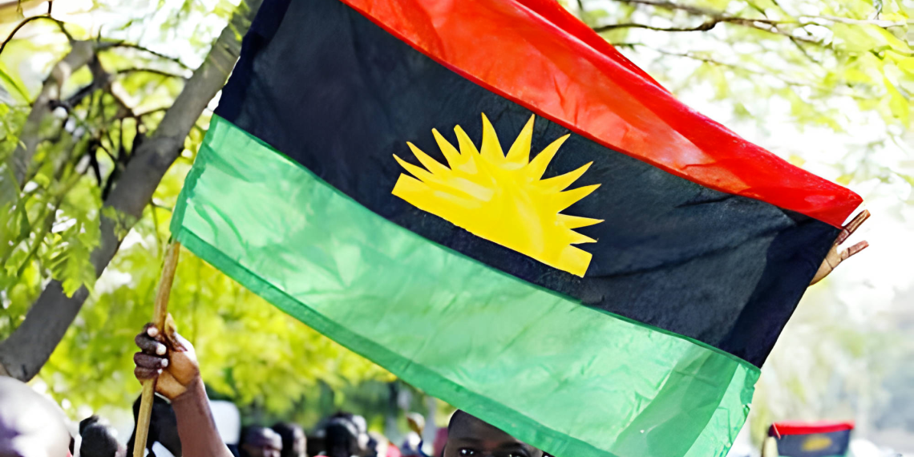



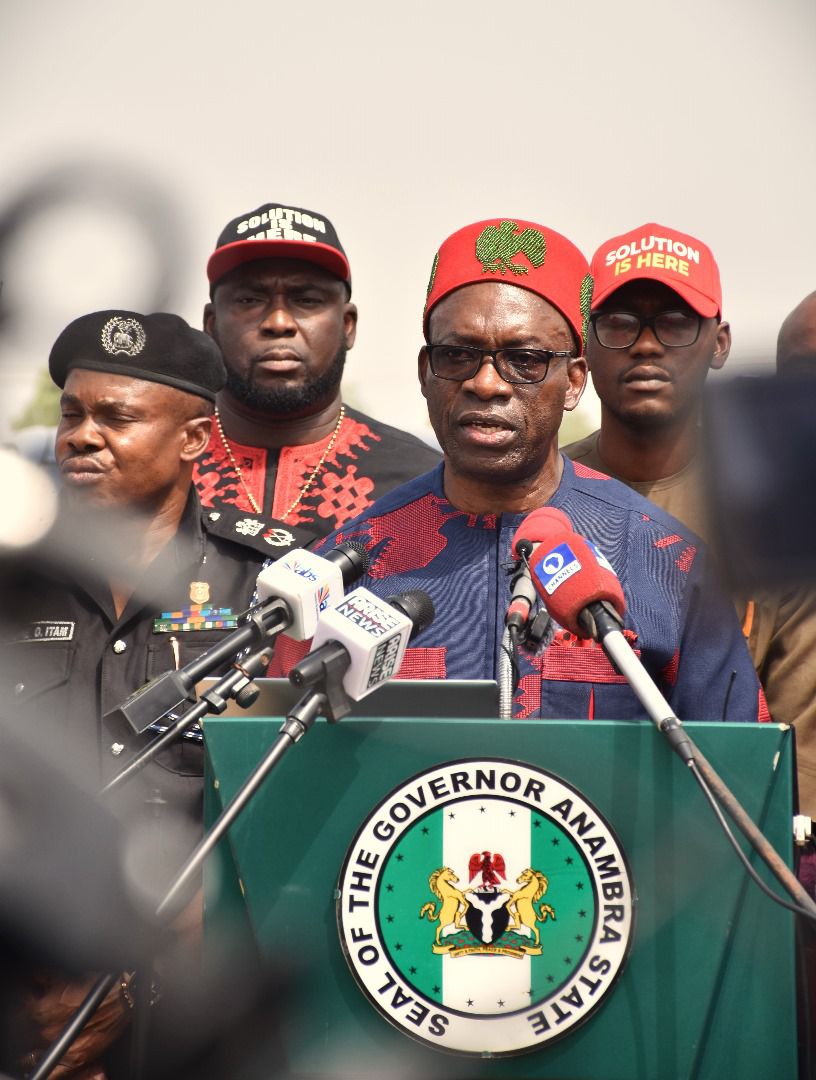


Leave a Reply